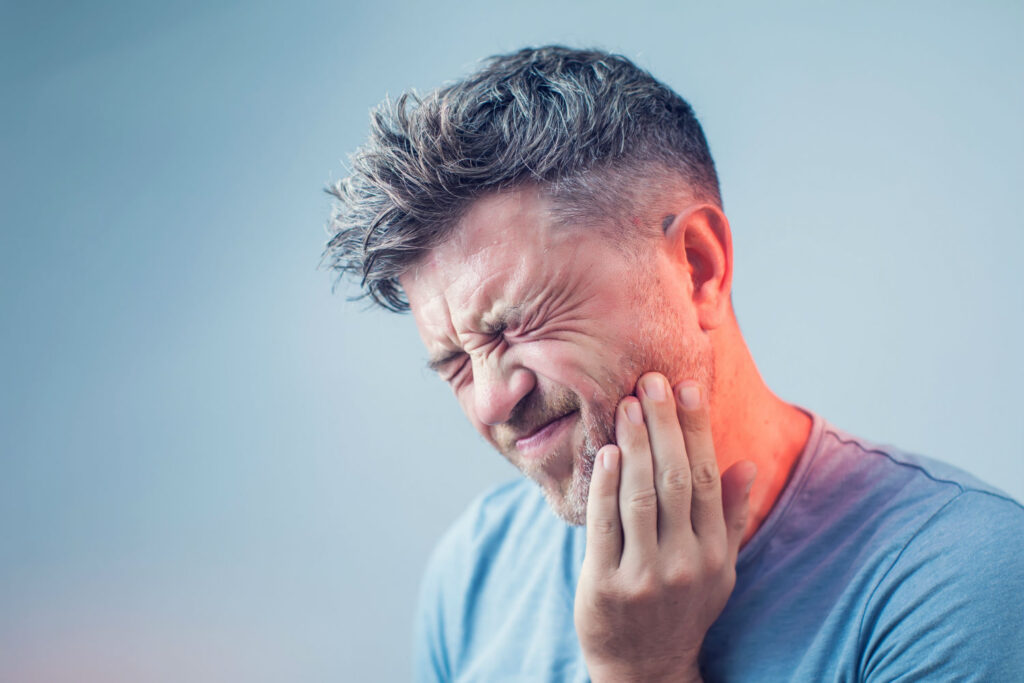When individuals experience a toothache, there is generally an underlying cause that has to be treated. You should not ignore a toothache at any time; you should visit emergency dental care if the pain is unbearable. In Florida, you have a lot of dental clinic options. In this post, we will discuss the importance of treating a toothache, infection, or abscess.
Why should you always treat any toothache, abscess, or infection?
Here are some types of common tooth infections
-
Tooth Root Infection (Periapical Abscess)
A chipped tooth, untreated cavities, or damage from a cracked tooth or enamel openings can lead to bacterial buildup, causing toothache and infection. If these issues are not treated, the resulting infection or injury can cause persistent pain.
A constant and severe toothache that is not treated might signal a root infection (periapical abscess). This happens when bacteria cause pus to gather at the tooth’s roots. The bacteria infect the tooth’s pulp, which has nerve blood vessels, and can spread to the supporting bones, causing pain and swelling.
-
Gum Infection
Food trapped between your teeth and gums can cause an infection known as a gum abscess. Gum abscesses have two stages: gingival and periodontal.
Gum abscesses can lead to gum disease, an infection of the tissues supporting your teeth, mainly due to bacterial buildup. This can cause bacteria to accumulate in the bone below the gum. Gum disease is linked to several severe health conditions, including cardiovascular disease, diabetes, rheumatoid arthritis, and certain types of cancer.

What happens if a toothache is not treated?
If the infection remains untreated, it may spread throughout the body, resulting in serious medical issues or even death. Despite knowing that our teeth and gums make up a tiny portion of our body, ignoring your oral health demands might have adverse effects on your overall health.
A toothache is one symptom of an oral root infection, while there are numerous other possibilities as well. Other symptoms of a gum abscess or tooth infection are as follows:
- Pain or sensitivity when biting or chewing food
- Toothache that is gnawing, serious, throbbing, or shooting
- Sensitivity or discomfort when eating hot or cold meals or drinks
- Gum swelling next to the impacted tooth, which might look like a pimple
Is it necessary to treat an abscessed tooth?
Ibuprofen and other over-the-counter drugs may help to temporarily relieve pain if you have severe discomfort from a toothache. However, even if the pain is tolerable, you must still visit the dentist immediately because toothaches are usually signs of underlying dental problems that need medical treatment and do not go away on their own. Seeking immediate care for your dental pain can help prevent future health issues, the need for surgical procedures, and a tooth extraction.
Do you need to visit a dentist immediately for mouth pain?
It is dependent upon the type of pain, how bad it is, how long it continues, and what else is going on surrounding it. A gum abscess cannot be treated at home. Food particles or other foreign items become trapped in your gums, creating an infection and pain. Dental emergencies may happen quickly and unexpectedly, but if you neglect tooth or gum discomfort, it may severely impact your oral health as well as your overall health.
Never hesitate to get in touch with your dentist if you have a painful toothache, gum recession, or mouth pain. This is particularly true if you see gum swelling.
Are there any alternative treatments other than drugs?
The chronic discomfort that is often associated with TMJ issues may be managed with the use of complementary and alternative medicine treatments. For example, consider the following:
-
Acupuncture
Hair-thin needles are poked at particular locations on your body by an acupuncture practitioner to relieve chronic pain.
-
Relaxation techniques
Deep, regular breaths, along with purposeful slowing of breathing, can help release stiff muscles and lessen pain.
-
Biofeedback
You can practice efficient relaxation techniques with the use of gadgets that monitor muscle tension.




